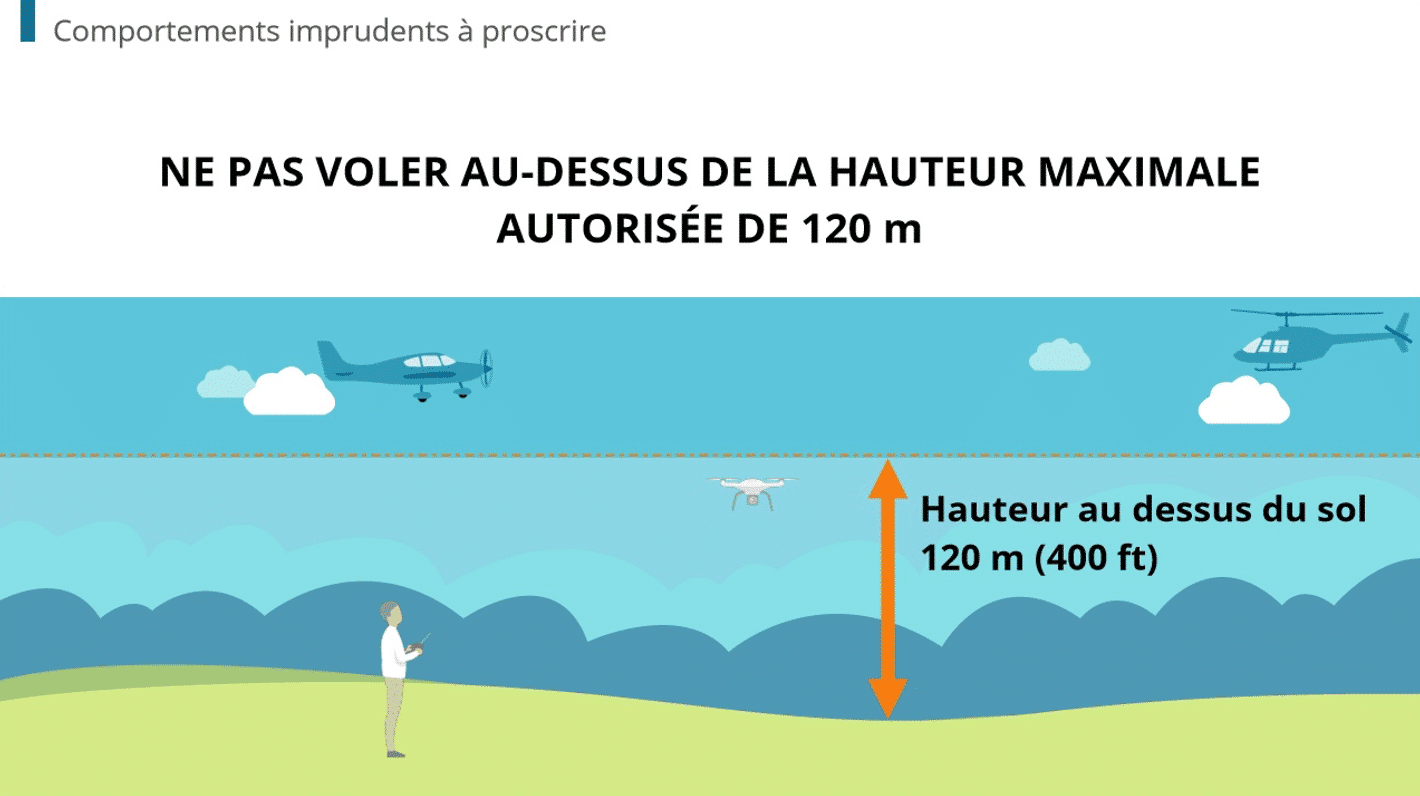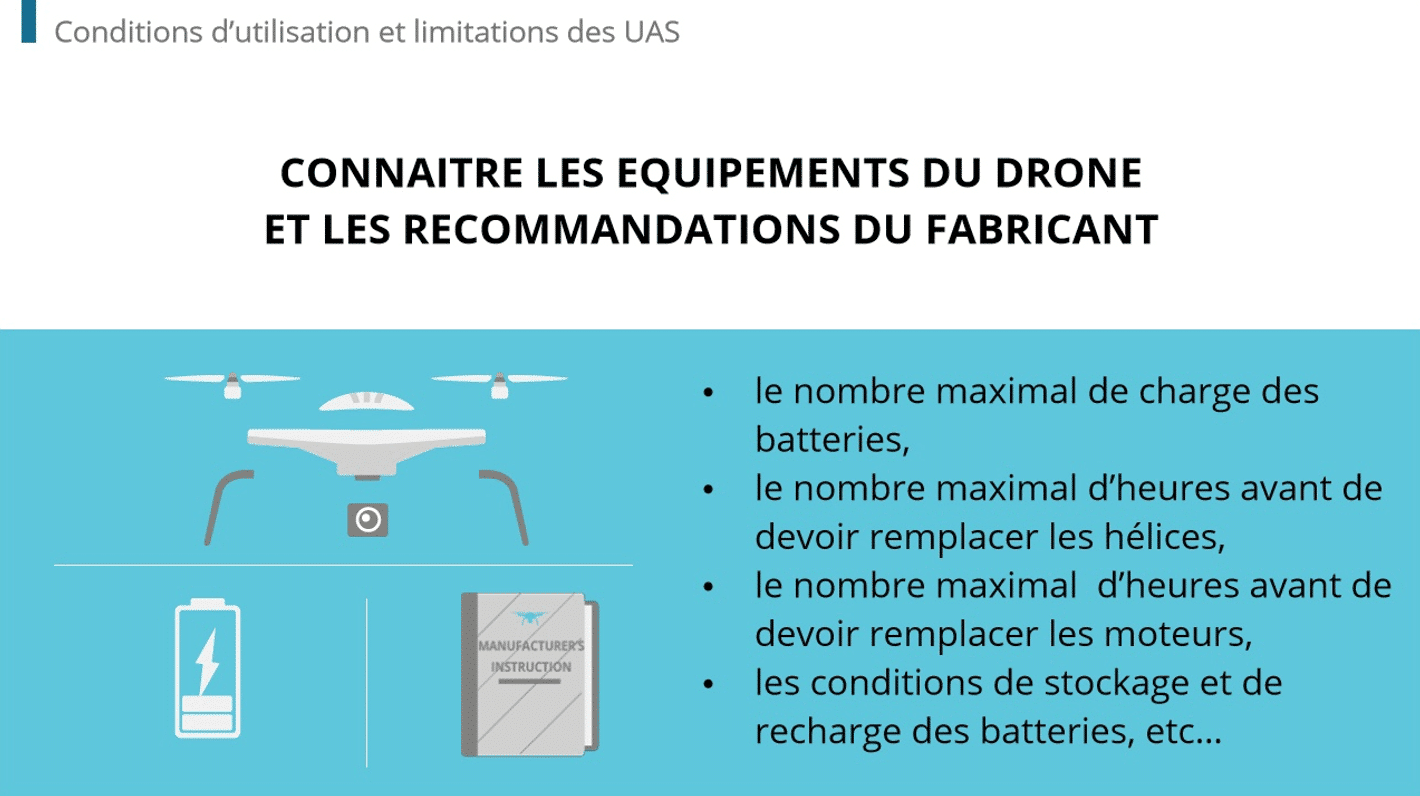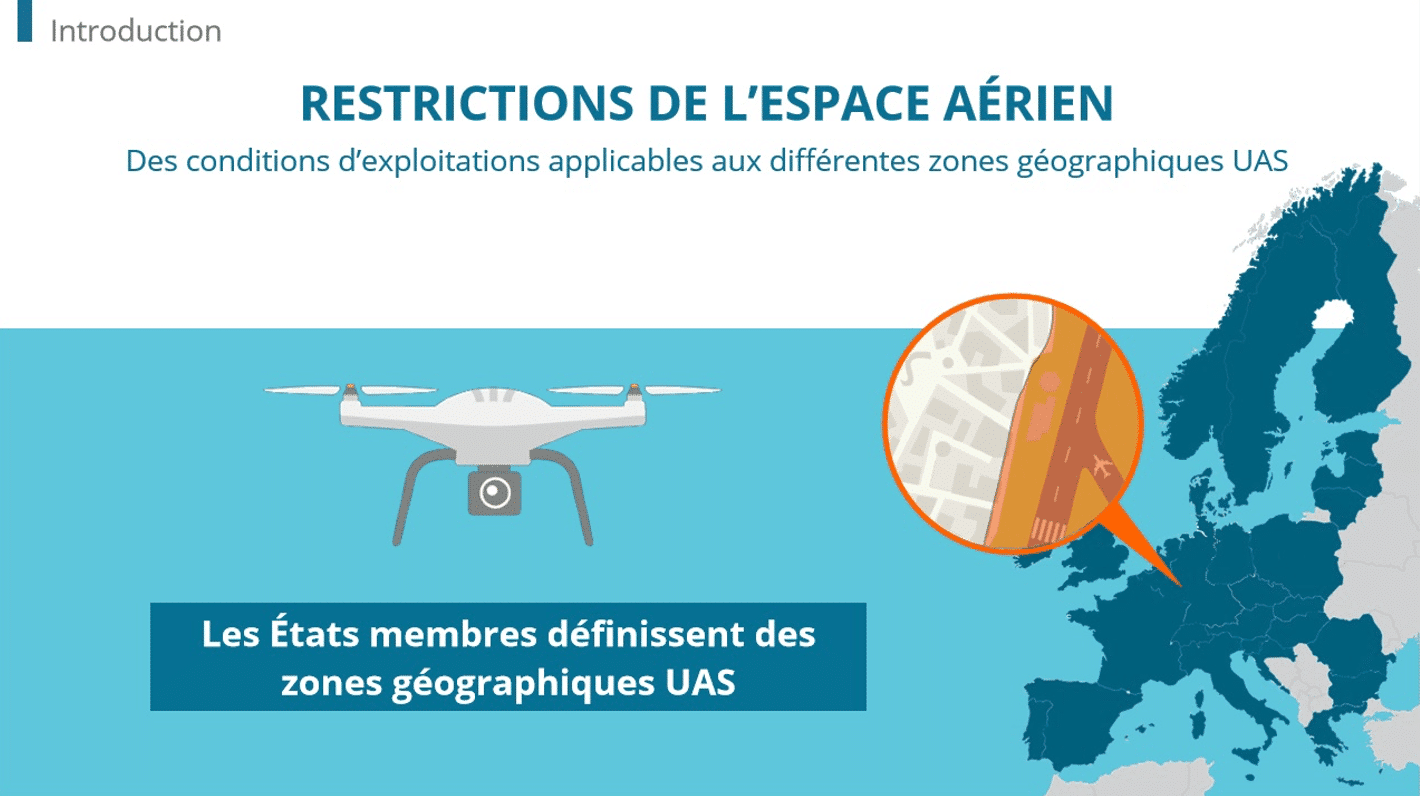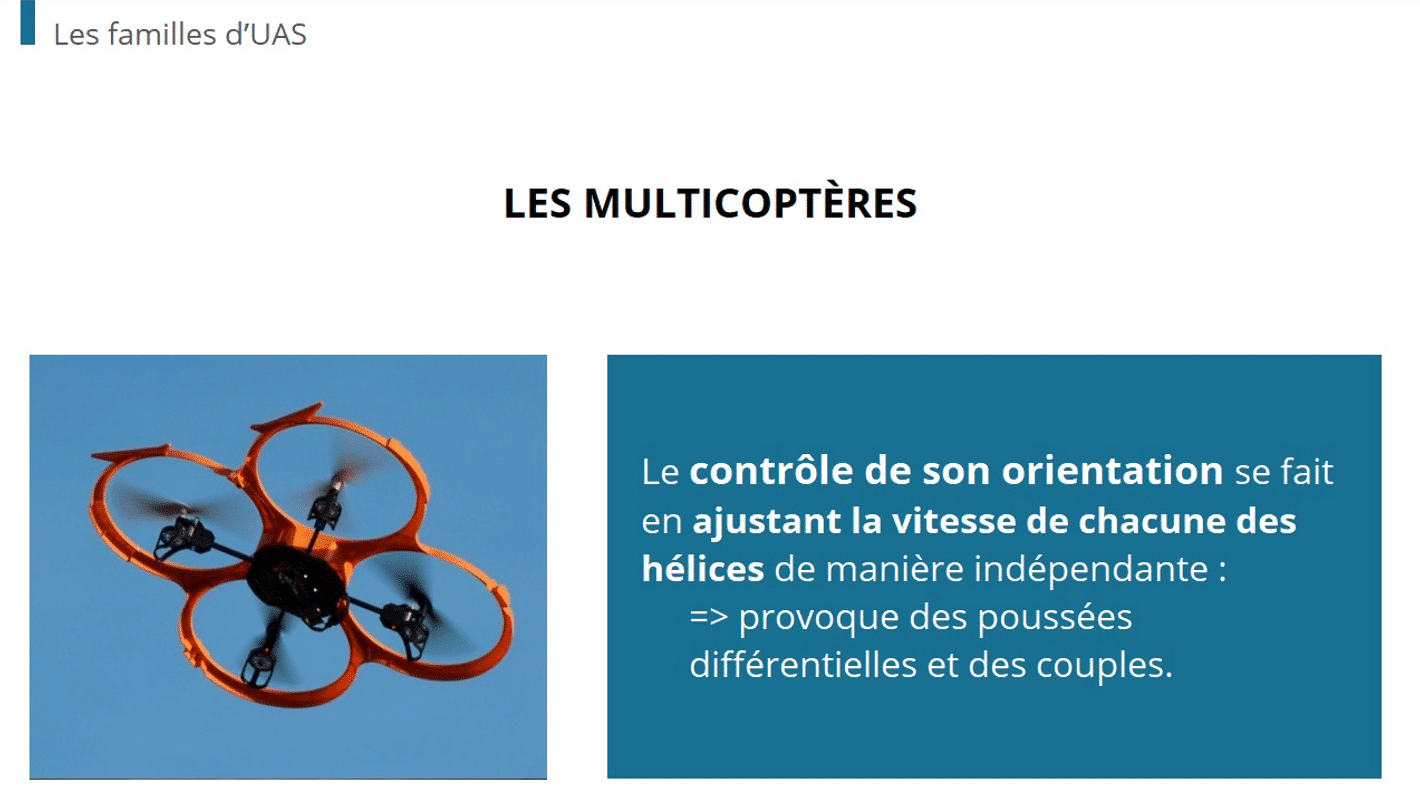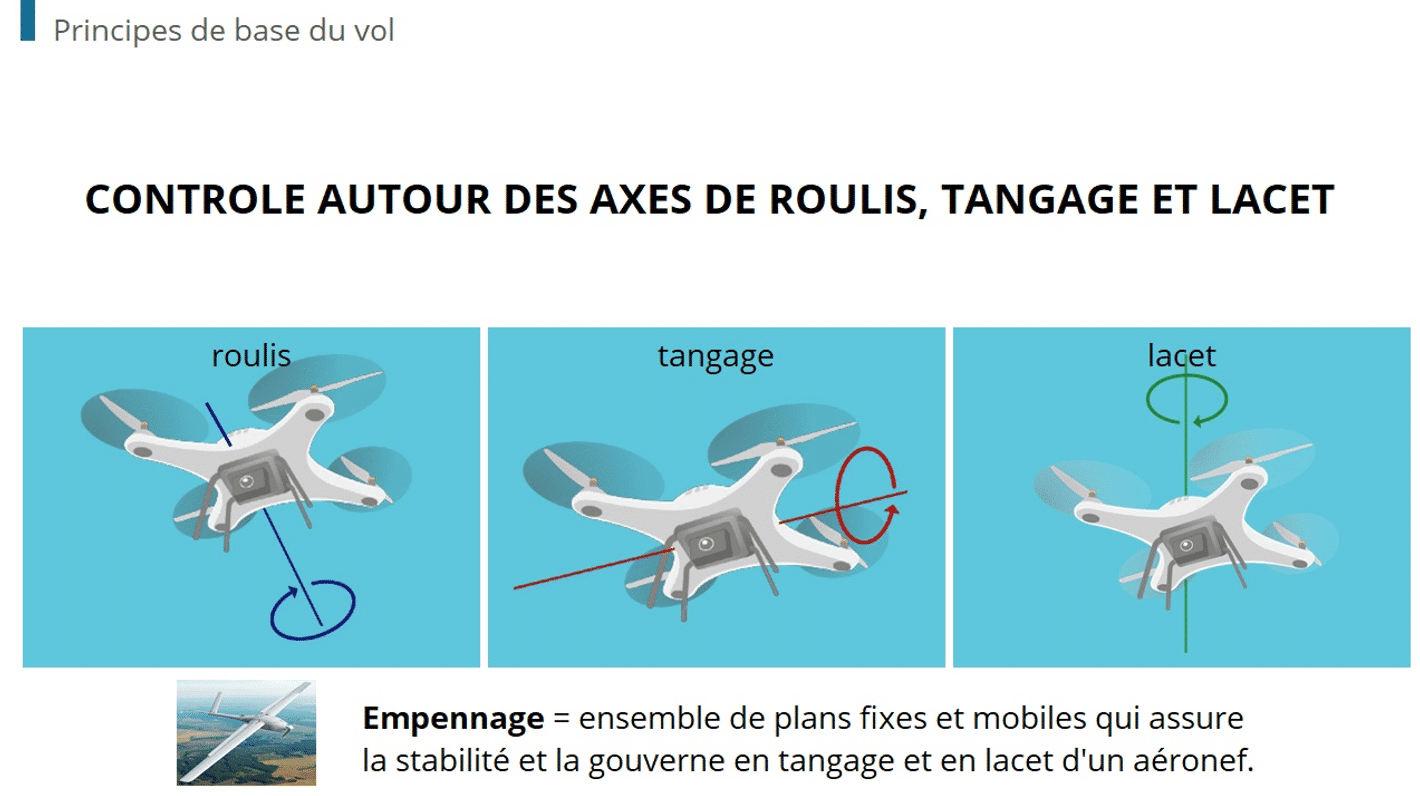Do you have a specific expertise? To commercialise it over the Internet, you need to evaluate your goods, monitor your costs – and show a bit of flair!
It’s only natural to seek the best price for an elearning solution, especially when you intend using it to sell your expertise via online training modules.
Evaluating the cost of elearning training should take into account:
- The market price
- Your production costs
- The attractiveness of your offer
What is the market price?
How is elearning training sold? What do companies that sell elearning solutions charge? This is invaluable information if you are looking to sell your expertise online. Benchmarking your potential competitors and other elearning players can be particularly instructive.
By way of example, La Documentation Française shop sells training packages offering 8 months’ access to modules that prepare you to take the French public service exam, for anywhere between 90 to 400 euros. The reason for the higher prices is mainly due to the involvement of a tutor, who corrects 1-3 pieces of work. The Documentation Française shop uses DOKEOS to sell its online training to more than 10,000 customers annually.
What are your production costs?
While these might initially seem higher than for classroom training, they decline rapidly once people start to register, providing an economical solution with transparent pricing.
Fixed costs…
Educational content: from simple documents available online to video production, content either has production costs (teacher, expert, web designer), or costs for purchasing the rights to existing content. These can often be adapted to existing content, which reduces their cost.
Infrastructure: the cost is very low for cloud solutions, with a computer and Internet connection being all that is required. Costs may be higher for software solutions.
Learning platform: the LMS may have a substantial price tag, making it all the more important to get unambiguous pricing from the outset – which is the case for the DOKEOS SHOP interface.
…and variable costs
As the number of registrations increases, certain costs may also increase slightly too – primarily those related to contact with participants (such as for scheduling or management of various issues).
Concerning training supervised by tutors, these automatically increase if a participant-teacher ratio has been determined. Although more expensive, the use of tutors has the immense advantage of reassuring participants and making your training more credible, while still being less expensive than classroom teachers. As such you can successfully propose a higher price.
Costs that decrease with the number of registrations
Fixed costs decrease rapidly when participant registrations increase, making elearning profitable through economies of scale with a large volume of users. La Documentation Française shop example is based on a volume of nearly 10,000 customers, which allows it to achieve an annual turnover of more than 1.5 million euros.
Are your products attractive?
Remember, a product’s price is not determined by quantitative criteria alone. The price should also take into account criteria relating to its attractiveness and innovation. This is what makes you first to market, offering a different service that means you can sell more expensive products! Responsiveness is therefore an essential asset for elearning courses. Cloud-based elearning training solutions such as DOKEOS SHOP can be quickly designed and deployed worldwide at a speed that is impossible for classroom training to match, not to mention for other elearning courses too.
Like to try selling your courses online with the DOKEOS SHOP? Take advantage of the free 60-day trial.






























